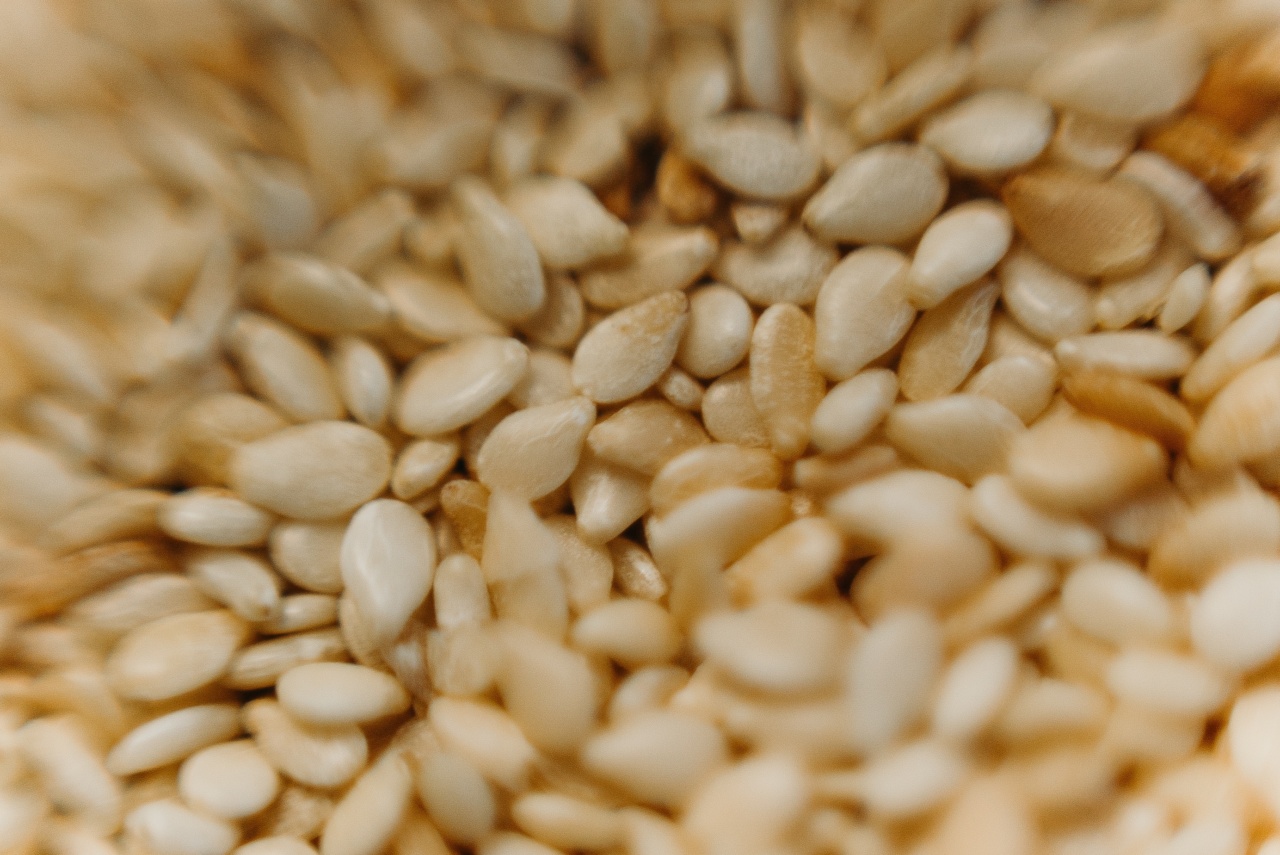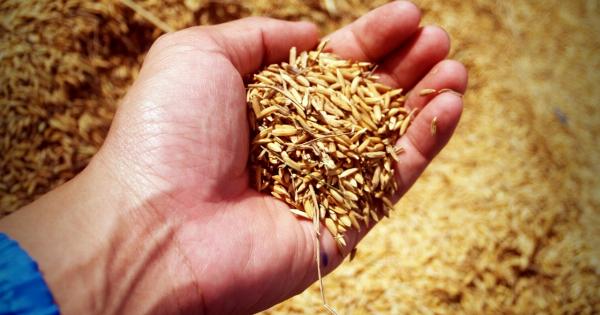In recent years, there has been a growing emphasis on the importance of adopting a healthy lifestyle, including maintaining good oral hygiene. One significant factor in achieving optimal dental health is our choice of food.
While most of us are aware of the negative impact of sugary foods on our teeth, the positive role of whole grains often goes unnoticed. Whole grains have been a staple in diets worldwide for centuries and have remarkable benefits for our overall health, including dental health. Read on to discover the incredible role of whole grains in your dental health.
What Are Whole Grains?
Whole grains are essentially grains that retain all parts of the grain kernel, including the bran, germ, and endosperm. This means they contain all the essential nutrients such as fiber, minerals, and vitamins.
Common examples of whole grains include brown rice, whole wheat, oats, quinoa, barley, and rye. These grains offer numerous health benefits, making them an essential part of a well-balanced diet.
The Importance of Whole Grains for Dental Health
1. Rich in Fiber.
Whole grains are an excellent source of dietary fiber. Fiber plays a crucial role in maintaining good dental health by promoting healthy digestion and preventing common oral issues such as gum disease and tooth decay.
The fiber in whole grains helps stimulate saliva production, which aids in neutralizing harmful acids in the mouth and washing away food particles that may lead to plaque buildup.
2. Essential Micronutrients.
Whole grains are packed with essential micronutrients such as iron, zinc, magnesium, and vitamin B. These nutrients are vital for maintaining healthy teeth and gums.
Iron helps transport oxygen throughout the body, including the gums and other oral tissues, promoting their overall health. Zinc plays a crucial role in controlling bacteria and plaque formation, preventing common oral diseases. Likewise, magnesium supports enamel strength and vitamin B helps in preventing gum inflammation and mouth sores.
3. Reduced Risk of Gum Disease.
Gum disease, also known as periodontal disease, is a common oral health issue that affects a significant portion of the population. Whole grains can play a key role in reducing the risk of developing gum disease.
The high fiber content in whole grains improves digestion and prevents constipation, a condition that can contribute to gum disease. Additionally, the micronutrients present in whole grains strengthen the gum tissue and support a healthy oral environment, making it difficult for harmful bacteria to thrive.
4. Increased Saliva Production.
Saliva is often referred to as nature’s mouthwash, and for good reason. It helps wash away food particles, neutralize acids, and prevent dry mouth.
Whole grains stimulate saliva production, making them an excellent choice for maintaining a healthy balance of natural oral fluids. By increasing saliva flow, whole grains assist in the remineralization process, which helps strengthen tooth enamel and protect against tooth decay.
5. Anti-Inflammatory Properties.
Inflammation is a common factor in various oral health issues, including gum disease and mouth sores.
Whole grains contain antioxidants and phytonutrients that possess anti-inflammatory properties, helping to reduce inflammation in the gums and oral tissues. By incorporating whole grains into your diet, you can aid in maintaining a healthy and balanced oral environment.
How to Incorporate Whole Grains Into Your Diet
Now that we understand the incredible role of whole grains in dental health, it’s essential to know how to incorporate them into our daily diet. Here are some practical tips:.
1. Choose Whole Grain Bread: Opt for whole grain bread instead of refined white bread for your sandwiches and toast.
Look for labels that specifically mention “whole grain” or “whole wheat” to ensure you are making the right choice.
2. Enjoy Whole Grain Cereals: Start your day with a bowl of whole grain cereal enriched with essential vitamins and minerals. Avoid sugary cereals and opt for those with minimal added sugars.
3. Experiment with Different Grains: Explore various whole grain options such as quinoa, barley, brown rice, and oats. These grains can be used as the base for salads, soups, or side dishes instead of refined grains like white rice or couscous.
4. Snack on Whole Grain Crackers: Instead of reaching for unhealthy snacks, choose whole grain crackers or crispbread for a healthier option. You can pair them with hummus, nut butter, or low-fat cheese for added flavor.
5. Substitute White Flour: When baking, substitute white flour with whole wheat flour or a mixture of whole grain flours. This simple switch can significantly increase the nutritional value of your baked goods.
Remember to gradually introduce whole grains into your diet if you are not accustomed to consuming them regularly. It’s important to prioritize variety and balance when it comes to your overall dietary choices.
Conclusion
Whole grains offer remarkable benefits for dental health and should be a vital part of your overall oral care routine. Their rich fiber content, essential micronutrients, and anti-inflammatory properties contribute to maintaining healthy teeth and gums.
By incorporating whole grains into your daily diet, you can enjoy not only improved dental health but also enhance your overall well-being. So, start making mindful choices by including whole grains in your meals and experience the incredible impact they can have on your dental health.






























